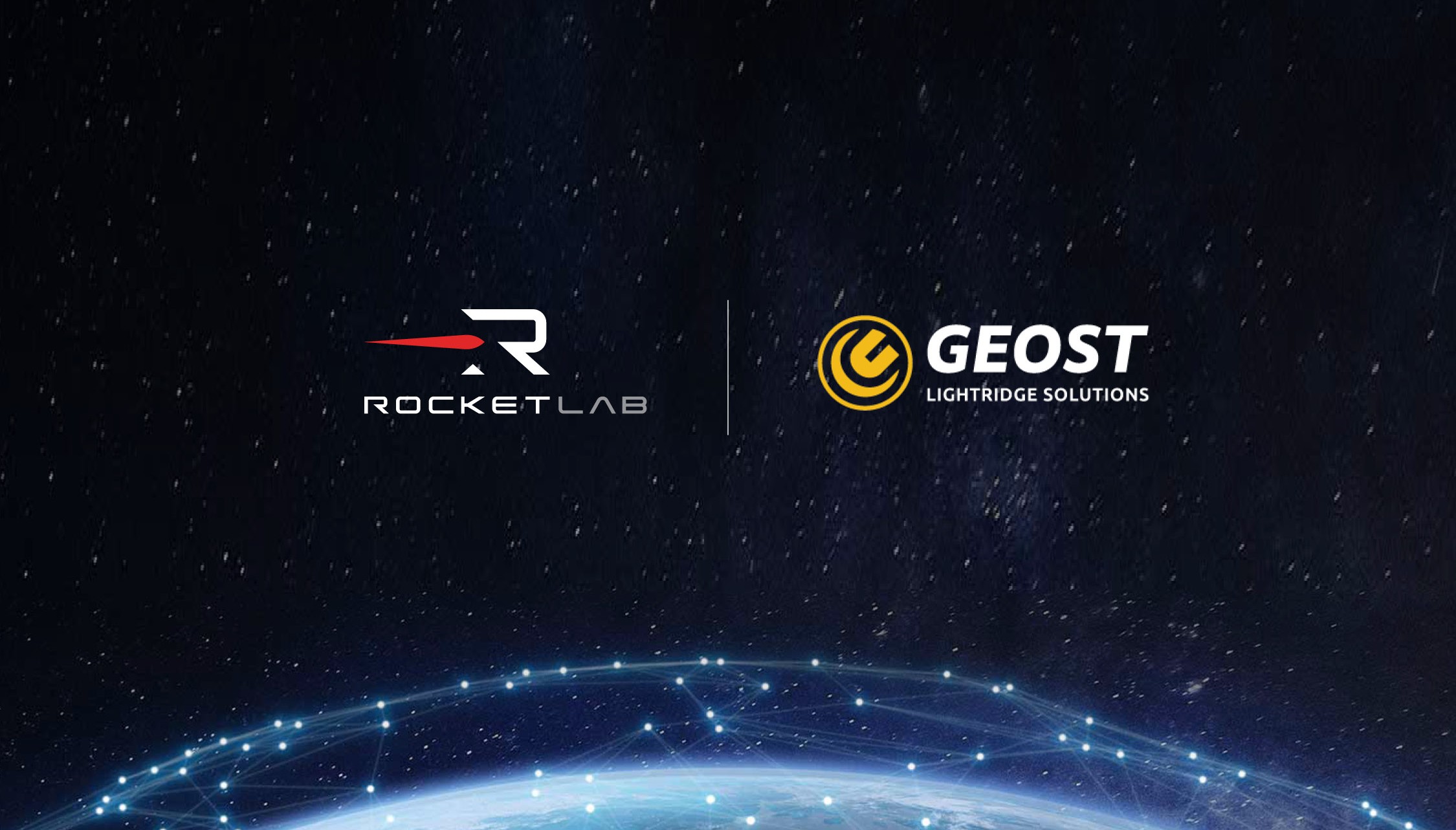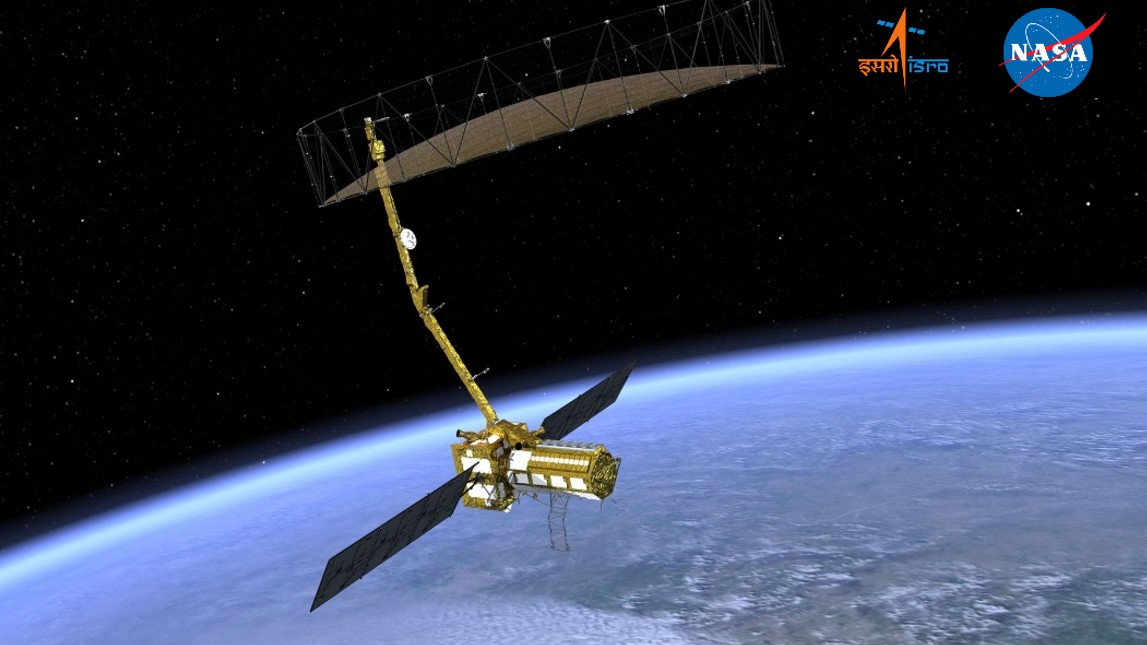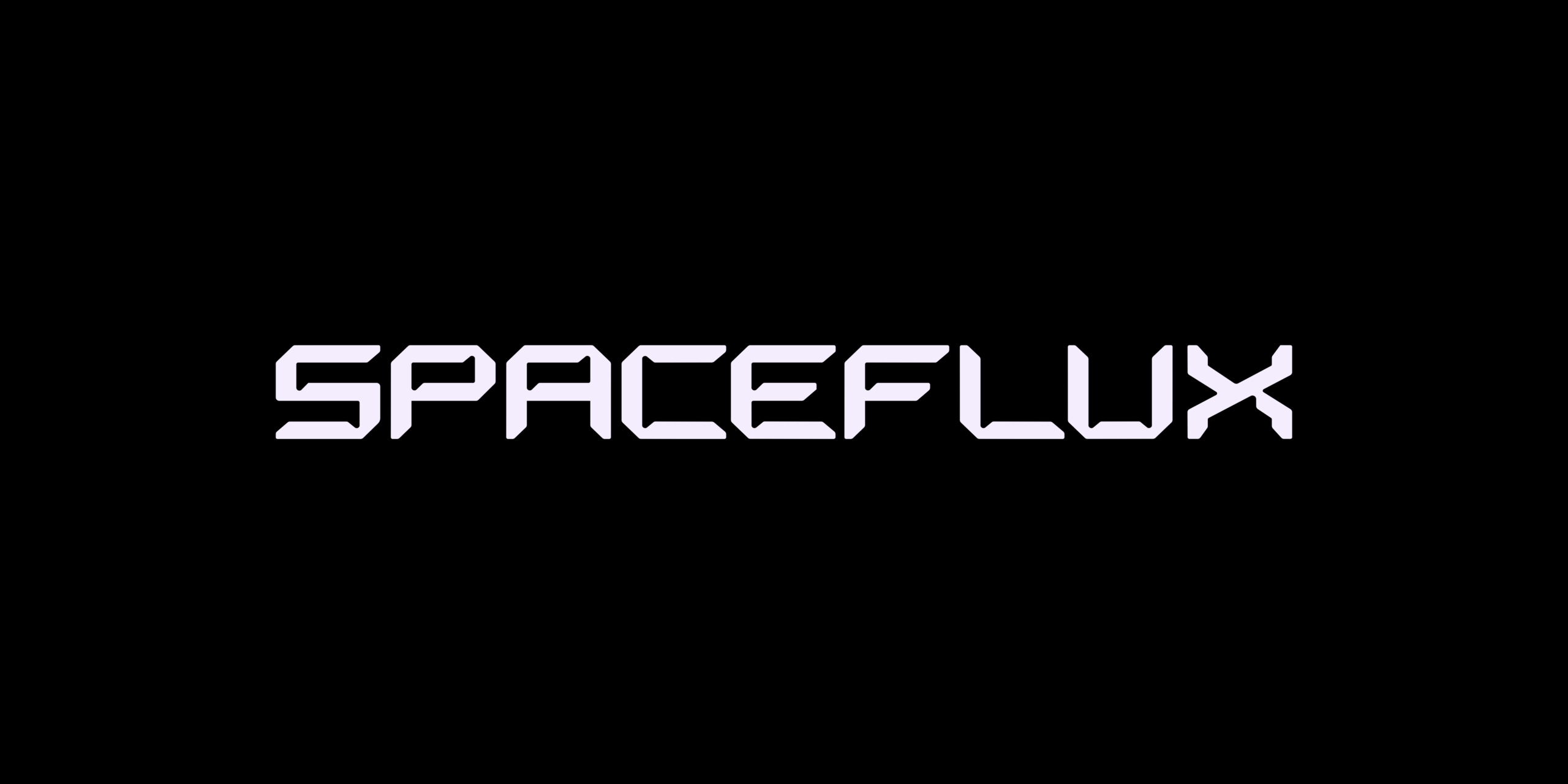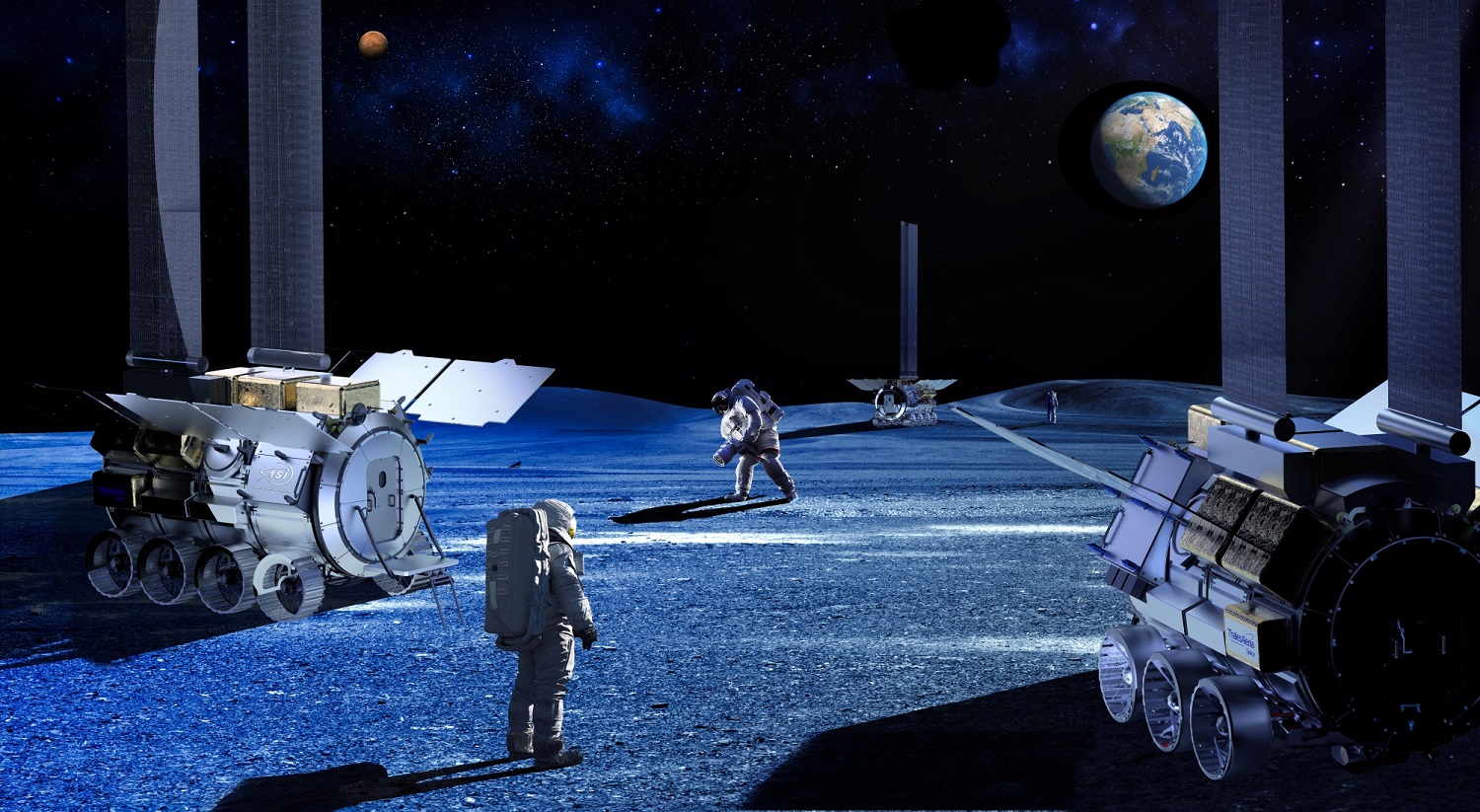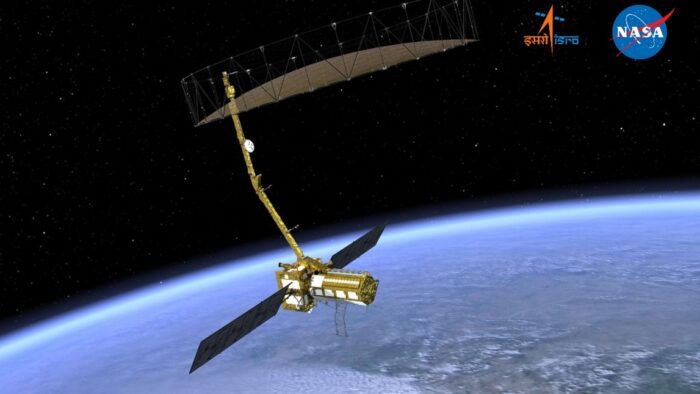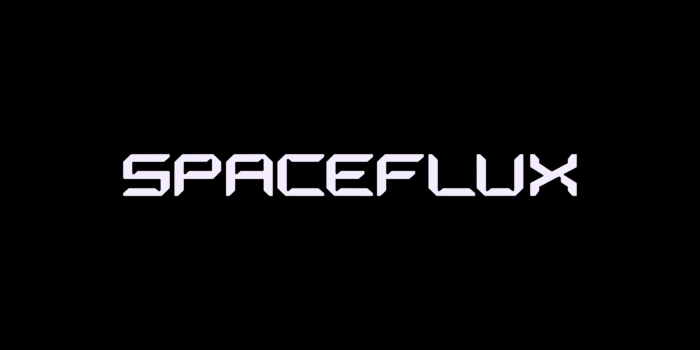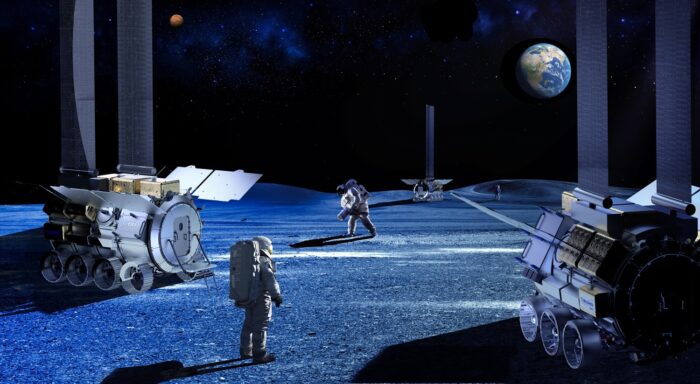Insider Brief
- Rocket Lab will acquire Geost for $275 million to expand into payload development for national security satellites, integrating EO/IR sensing capabilities into its space systems portfolio.
- The deal includes $125 million in cash, $150 million in shares, and up to $50 million in earnouts, and will add 115 employees and facilities in Tucson and Virginia to Rocket Lab’s global footprint.
- Geost’s EO/IR sensors support U.S. defense priorities like missile tracking and space awareness, and Rocket Lab plans to scale these technologies for broader defense and commercial missions.
Rocket Lab will acquire Geost, a leading developer of electro-optical and infrared payloads for national security satellites, in a deal valued at $275 million, expanding its footprint into the payload segment.
The acquisition, expected to close in the second half of 2025, includes $125 million in cash and $150 million in Rocket Lab shares, with up to $50 million in potential earnouts based on revenue milestones, according to Rocket Lab.
Geost, based in Tucson, Arizona, provides advanced EO/IR sensor systems for missile tracking, surveillance, and space domain awareness, all of which align with the U.S. Department of Defense’s strategic objectives, including the Golden Dome missile defense architecture and the Space Development Agency’s Tracking Layer.

“Rocket Lab was founded to disrupt the traditional space industry and we’re doing just that by expanding our ability to deliver complete, mission-critical space solutions,” Rocket Lab founder and CEO, Sir Peter Beck, said in a statement.
Beck added that the deal brings critical capabilities in-house, allowing the company to build integrated spacecraft more quickly and at lower cost while minimizing integration risk. By adding payloads to its portfolio, the company said it positions itself as a more comprehensive provider to national security customers seeking rapid, scalable satellite deployments in contested environments.
Geost’s more than 20 years of flight heritage and its existing infrastructure in Tucson and northern Virginia will become part of Rocket Lab’s global operations. The acquisition will also add 115 skilled employees to Rocket Lab’s workforce, which spans facilities in the U.S., Canada, and New Zealand and bring the total to 2,600. These new capabilities support Rocket Lab’s push to offer complete space mission solutions—from launch and satellite platforms to now including onboard sensing payloads.
“Integrating Geost’s advanced optical capabilities is a natural next step for Rocket Lab as the company expands its end-to-end space systems,” Bill Gattle, Geost’s General Manager and CEO of LightRidge Solutions, said in a statement.
The acquisition follows a period of strategic expansion for Geost under the ownership of private equity firm ATL Partners, which had purchased it in 2021 and integrated it into its LightRidge Solutions platform.
Under ATL’s stewardship, Geost expanded into new mission areas, introduced more cost-effective sensor systems, and scaled up its production and engineering capabilities, according to a statement released by Geost on the sale. These efforts allowed the company to become a prominent EO/IR payload provider within the defense sector
“We are incredibly grateful to ATL Partners for its support and strategic guidance over the past four years,” Gattle noted. “With ATL’s backing, we have grown into an industry leader, delivering technologies that address real mission needs for government and commercial customers.”
With Geost’s divestiture, ATL is reshaping LightRidge Solutions by merging its remaining divisions—Trident Systems and Ophir Corporation—into a new platform called Trident Solutions. This platform will focus on mission-critical electronic systems and processing technologies across space, airborne, and defense applications. ATL plans to support Trident Solutions through a combination of organic growth and acquisitions.
Going forward, Rocket Lab said it plans to scale Geost’s product lines for broader defense and commercial use while integrating Geost’s technologies into future missions. The transaction is pending regulatory approval, which is expected by the second half of 2025. Until that time, Geost and Rocket Lab will continue to operate as separate entities.
Greg Bock
Greg Bock is an award-winning investigative journalist with more than 25 years of experience in print, digital, and broadcast news. His reporting has spanned crime, politics, business and technology, earning multiple Keystone Awards and a Pennsylvania Association of Broadcasters honors. Through the Associated Press and Nexstar Media Group, his coverage has reached audiences across the United States.
Share this article:

